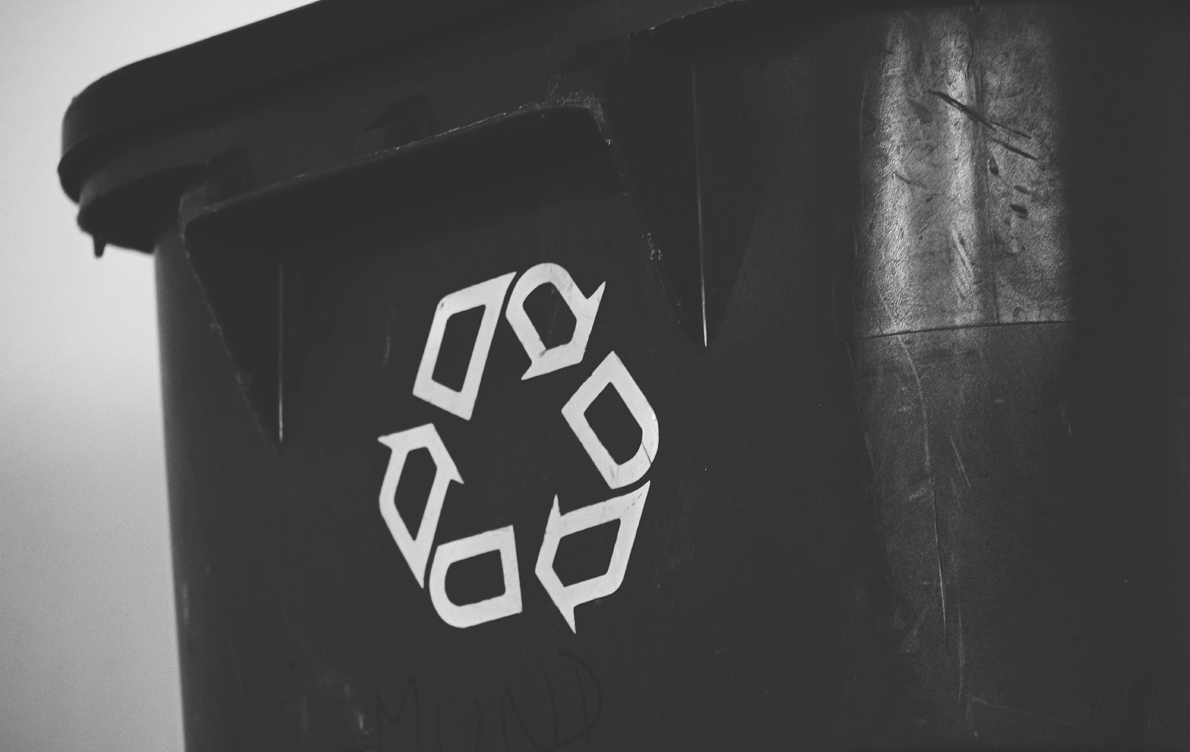Licensed to Fill: NJDEP Makes Virgin Material More Attractive for SRP Sites
The New Jersey Department of Environmental Protection (NJDEP) recently renamed and revised its clean fill guidance, which now makes it clear that fill material obtained from a licensed quarry or mine may be used for site remediation without any sampling requirement.
NJDEP’s Technical Requirements for Site Remediation define “clean fill” as material—soil or non-soil—to be used in a remedial action that meets all soil remediation standards and has no debris, solid waste, or free liquids. Under NJDEP’s December 2011 Alternative and Clean Fill Guidance, offsite material that was proposed for use as clean fill at a Site Remediation Program (SRP) site was required to undergo an evaluation of the historical and current uses of the material, a review of the conditions at the site from which it originated, and sampling to certify that the fill was clean. While the 2011 guidance made certain exceptions for fill material obtained from a quarry or mine, a minimum of at least one sample was required to be analyzed.
The new “Fill Material Guidance for SRP Sites” addresses concerns raised by redevelopers and LSRPs regarding the burdensome sampling requirements and unnecessary paperwork associated with the use of fill material on SRP sites from a licensed quarry or mine. Under the new guidance, fill material obtained from a licensed quarry or mine (defined as a facility permitted or authorized to operate under the New Jersey Mine Safety Act or other similar state statutes) may be used at a SRP site without any sampling as long as the quarry or mine operator certifies that the material is from a licensed quarry or mine facility and that the material has not been subject to a discharged hazardous substance at any time. In the absence of such certification, proposed fill would need to meet the sampling and analysis requirements for clean fill. This change is significant as it relieves suppliers and users of quarry or mine material of burdensome sampling and certification requirements and eases the process of closing out cleanups and site redevelopment.
No aspect of this advertisement has been approved by the highest court in any state.
Results may vary depending on your particular facts and legal circumstances.
As the law continues to evolve on these matters, please note that this article is current as of date and time of publication and may not reflect subsequent developments. The content and interpretation of the issues addressed herein is subject to change. Cole Schotz P.C. disclaims any and all liability with respect to actions taken or not taken based on any or all of the contents of this publication to the fullest extent permitted by law. This is for general informational purposes and does not constitute legal advice or create an attorney-client relationship. Do not act or refrain from acting upon the information contained in this publication without obtaining legal, financial and tax advice. For further information, please do not hesitate to reach out to your firm contact or to any of the attorneys listed in this publication.
Join Our Mailing List
Stay up to date with the latest insights, events, and more





